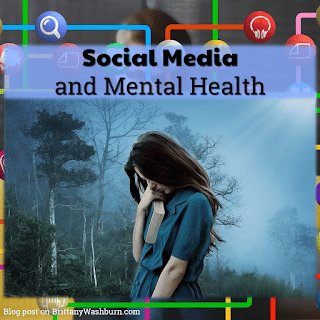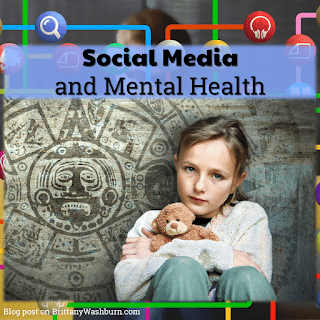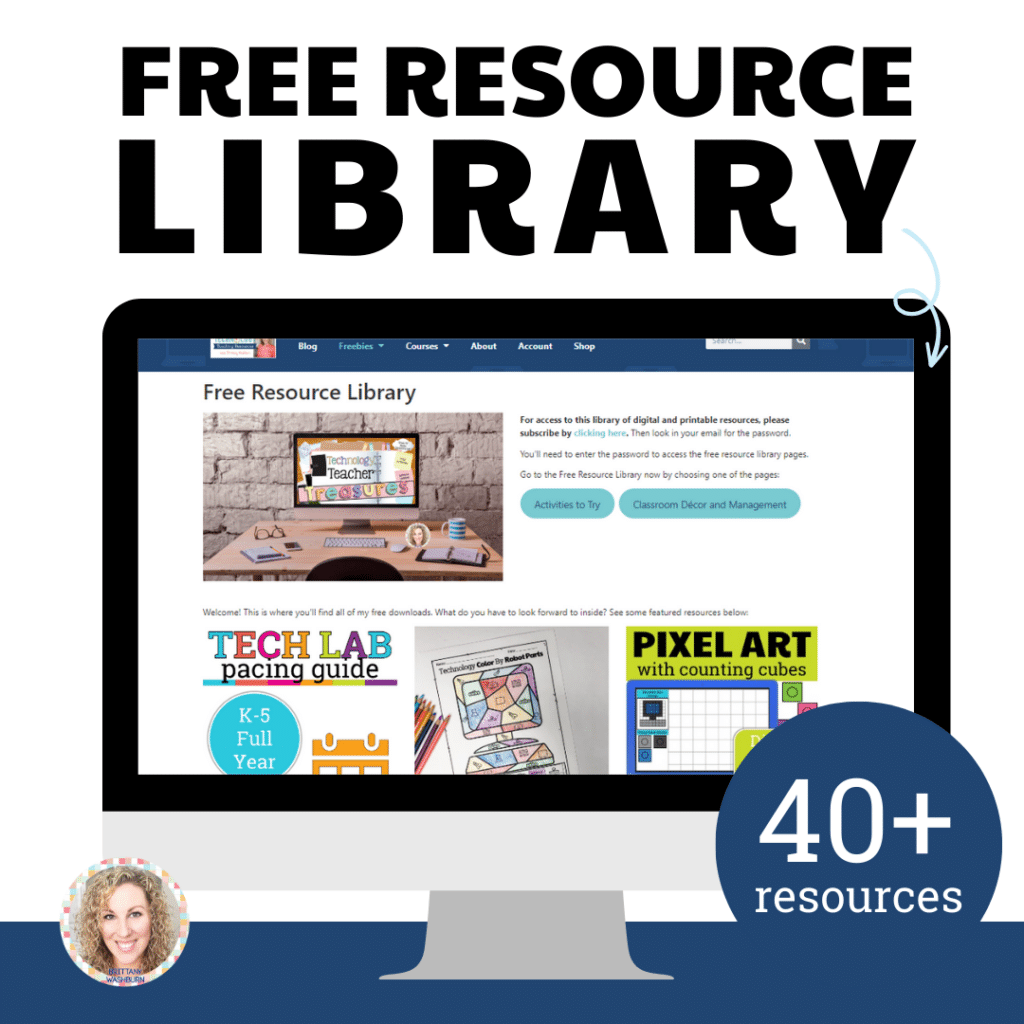Social Media and Mental Health
Did you know your social media habit
could be adding to your mental health worries? You probably did, but I’d like to remind you in this post about some of the negative effects of too much scrolling.
could be adding to your mental health worries? You probably did, but I’d like to remind you in this post about some of the negative effects of too much scrolling.
Although experts aren’t quite sure
whether or not social media causes mental health issues, they do know there’s
definitely link between them. Numerous studies have shown that those who use
social media do report feeling more anxious, depressed and stressed.
whether or not social media causes mental health issues, they do know there’s
definitely link between them. Numerous studies have shown that those who use
social media do report feeling more anxious, depressed and stressed.
So, how does social media impact our
mental health? Here, you’ll discover everything you need to know about the
effects social media could be having on your emotions.
mental health? Here, you’ll discover everything you need to know about the
effects social media could be having on your emotions.
Reducing Self-Esteem
Everyone has insecurities and social
media seems to do wonders at preying on them. If you find you often compare
yourself, especially aesthetically, to the people you follow, it’s going to
have a detrimental effect on your self-esteem.
media seems to do wonders at preying on them. If you find you often compare
yourself, especially aesthetically, to the people you follow, it’s going to
have a detrimental effect on your self-esteem.
Comparing ourselves to others never
leads to a positive outcome. By seeing how well others are doing and then
basing our own self worth on how we compare, it really batters our
self-esteem.
leads to a positive outcome. By seeing how well others are doing and then
basing our own self worth on how we compare, it really batters our
self-esteem.
Contributing Towards Anxiety
and Depression
Those who use social media frequently
have shown to have increased levels of depression and anxiety compared to those
who don’t. There’s a number of reasons why this could be.
have shown to have increased levels of depression and anxiety compared to those
who don’t. There’s a number of reasons why this could be.
Although you’re technically interacting
with friends and family, social media can leave you feeling isolated.
with friends and family, social media can leave you feeling isolated.
It’s just not the same as real interaction. So, if most of your human interaction
happens via social media, it’s going to leave you feeling depressed.
The fact it’s easy to compare our lives
in a negative way to others on social media is another reason it can trigger
anxiety and depression.
in a negative way to others on social media is another reason it can trigger
anxiety and depression.
You’re constantly left in a state of
envy, feeling bad about yourself because you just can’t compare. It’s a vicious
cycle which really can leave you feeling miserable.
envy, feeling bad about yourself because you just can’t compare. It’s a vicious
cycle which really can leave you feeling miserable.
Feeling Disconnected From
The World
INTROVERTS UNITE! Right? Well, not really.
We already touched briefly on the fact
that using social media to interact with others can lead to depression.
However, it can also have a much deeper impact on your well being.
that using social media to interact with others can lead to depression.
However, it can also have a much deeper impact on your well being.
When all you do is interact digitally,
it can leave you feeling totally disconnected from the real world. Your social
skills could start dwindling, you’ll feel lonely and isolated. Humans need
human interaction. Without it, our lives can feel a lot lonelier.
it can leave you feeling totally disconnected from the real world. Your social
skills could start dwindling, you’ll feel lonely and isolated. Humans need
human interaction. Without it, our lives can feel a lot lonelier.
These are just some of the ways social
media impacts our mental health. While it can definitely prove useful when used
sparingly, too much social media use is guaranteed to start having negative
effects on the mind.
media impacts our mental health. While it can definitely prove useful when used
sparingly, too much social media use is guaranteed to start having negative
effects on the mind.
So, if you’re a self-confessed social
media junkie, now’s definitely the time to consider quitting your
addiction.
media junkie, now’s definitely the time to consider quitting your
addiction.



